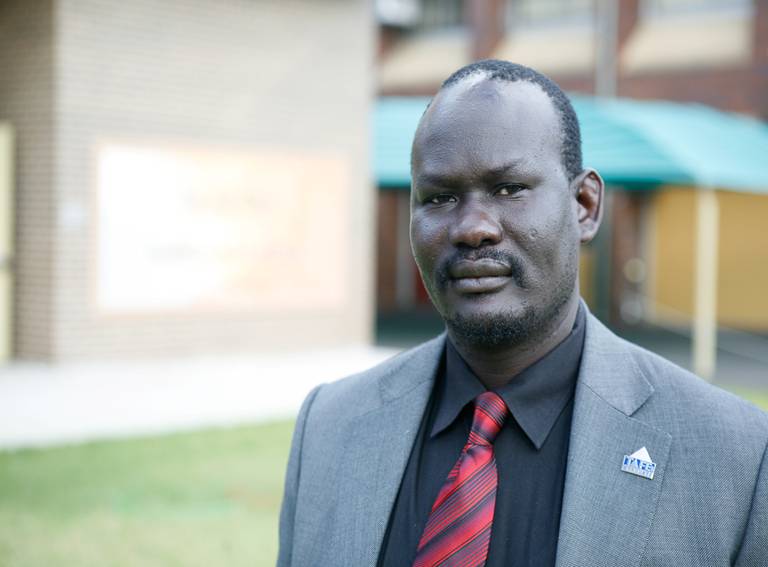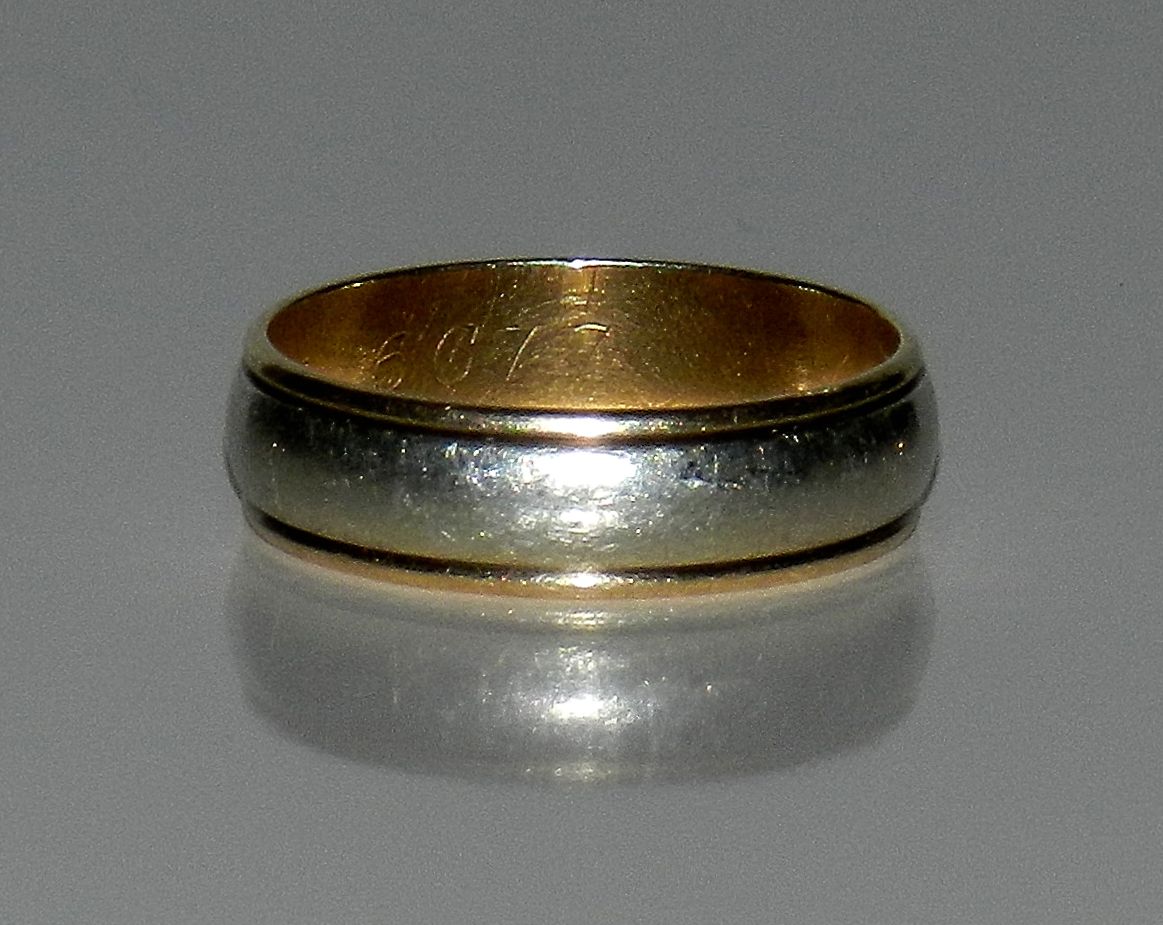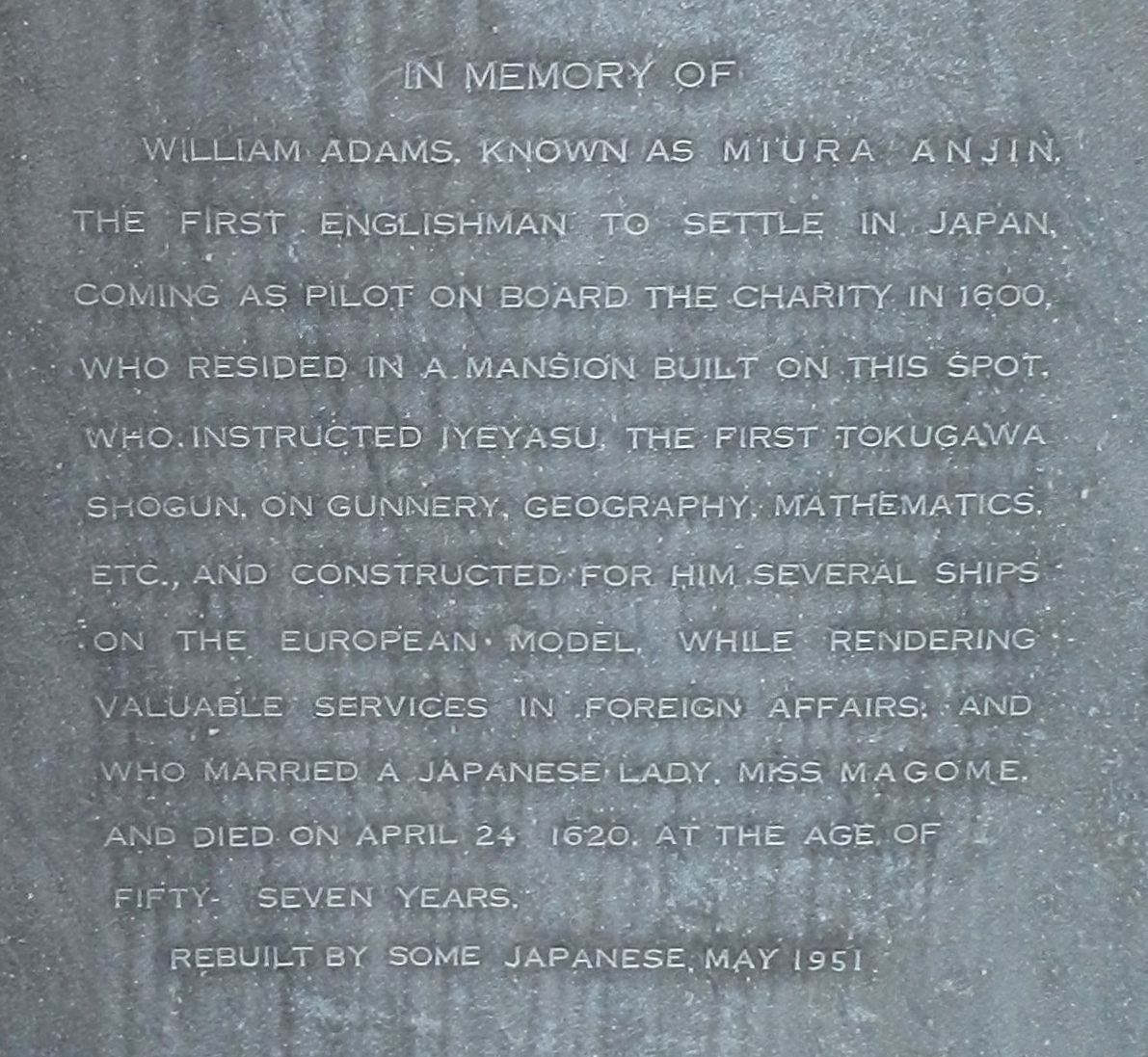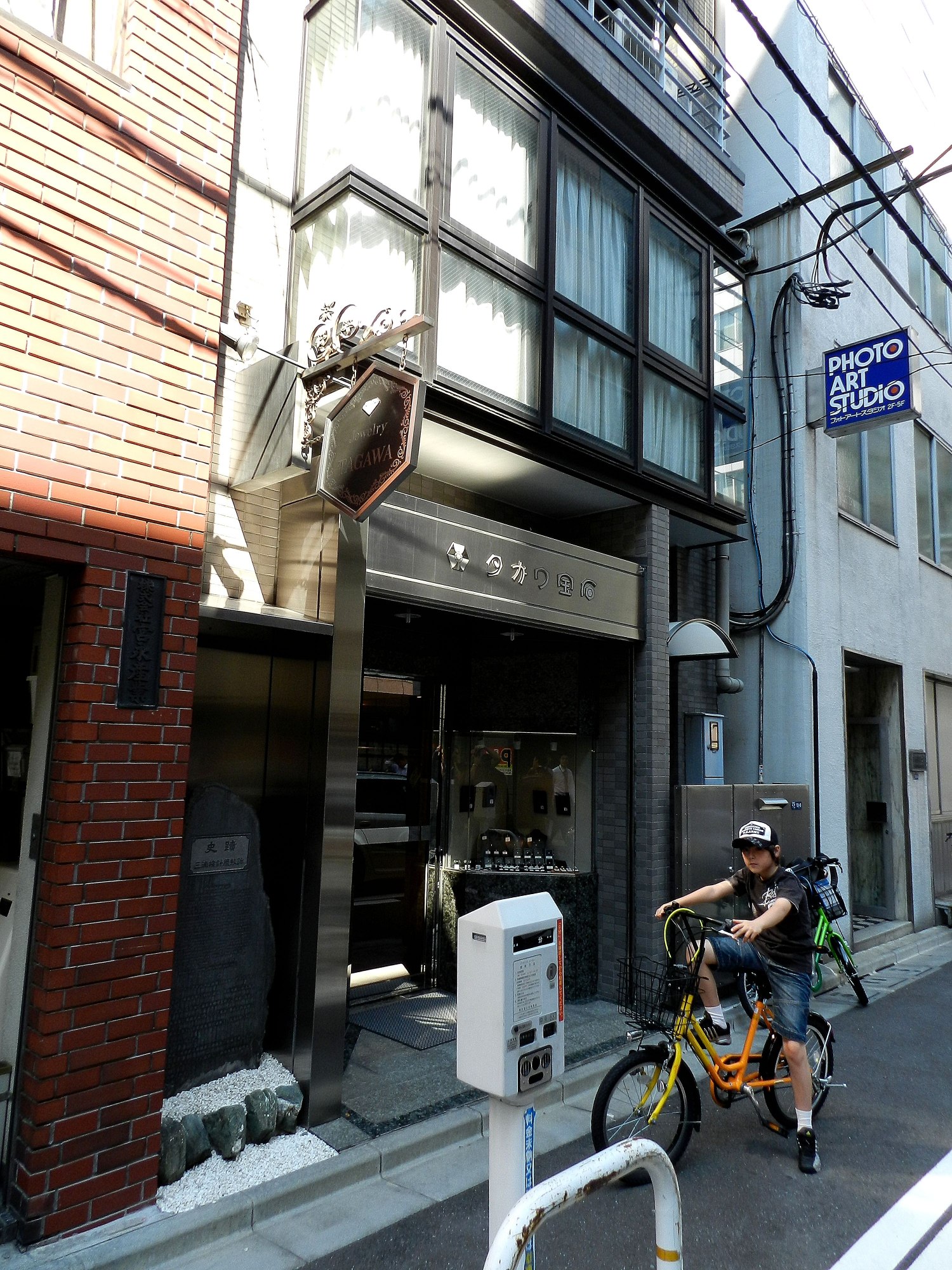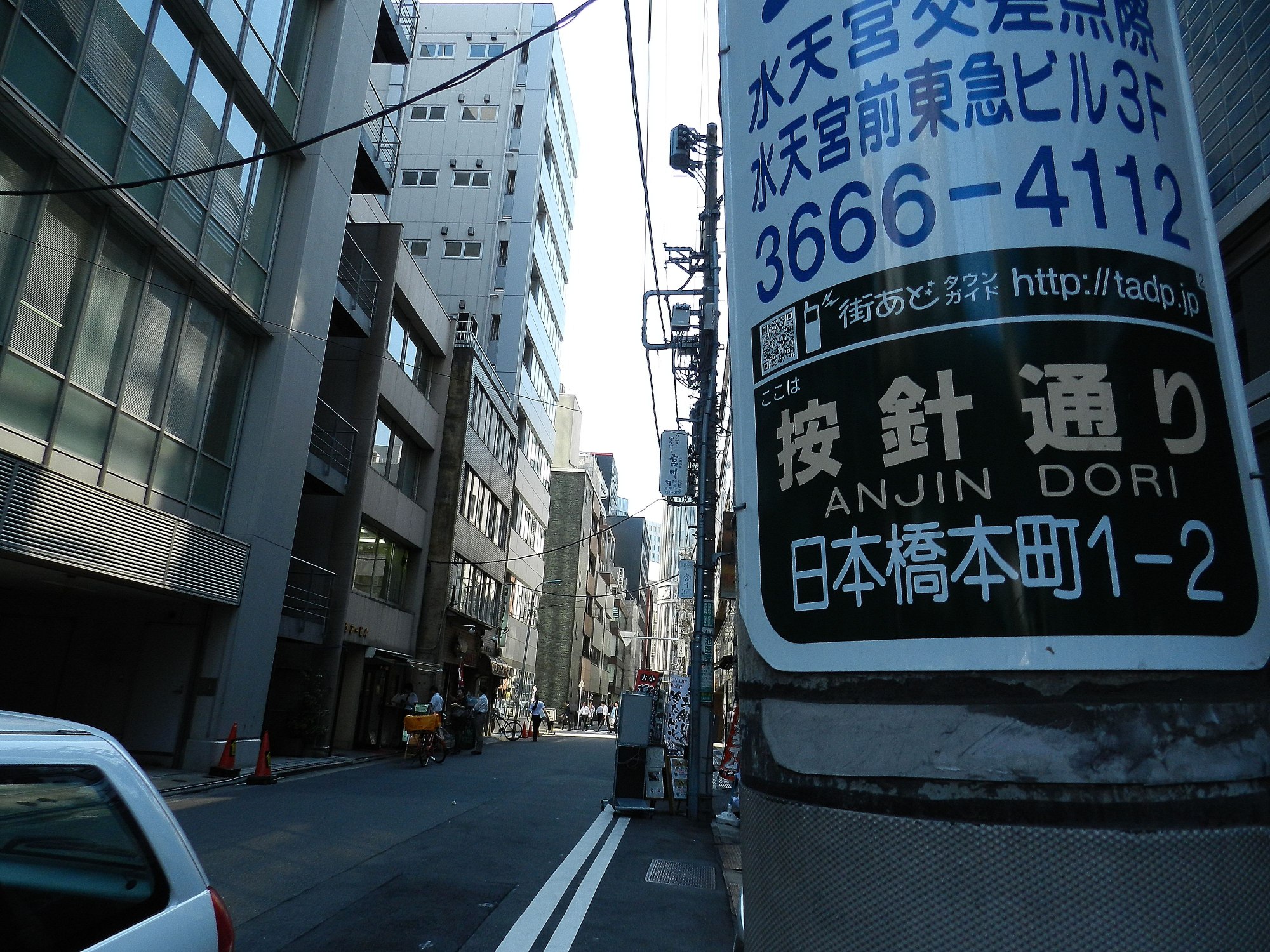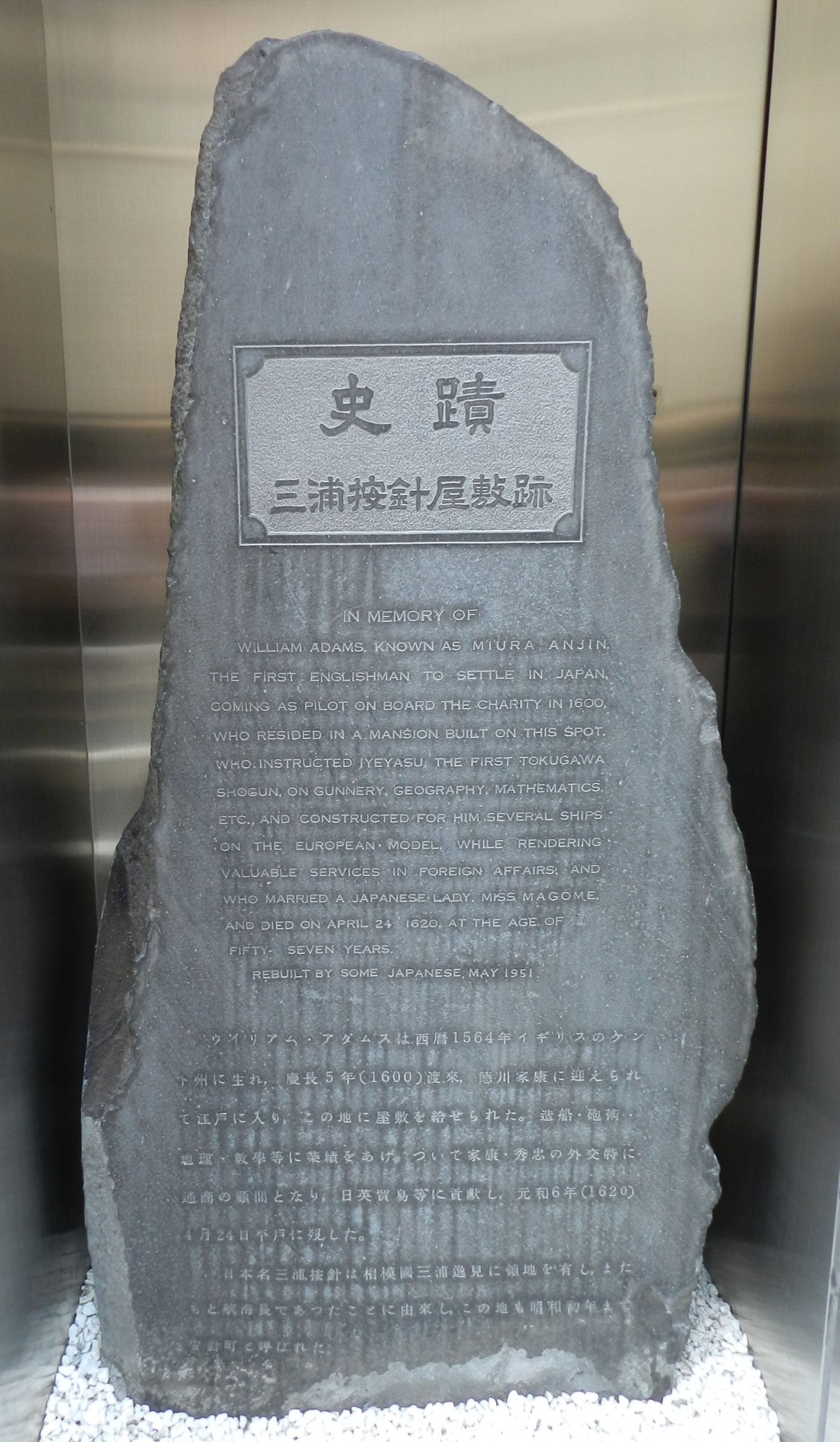…too late you’ve lost me.
This week I got several reminders of the mid-90s. It began last Saturday morning when we turned up for Bryce’s under 13s cricket game at Cherrybrook against West Pennant Hills. We were very quickly being flogged – three wickets in the first over including Bryce. I’d switched my phone on and noticed a missed call and a voice message from Drew Simmons, President of the NSW Division of the Australian Democrats. When I got a chance I listened to the message from the night before and phoned Drew back. Drew apologised – I’d won the most votes in the ballot for Vice-President of the NSW Democrats but my eligibility had been questioned on the grounds I hadn’t been a member long enough. Rules are rules, I said, and it was a very gratifying result at any rate.
Made my way to the NSW Democrats AGM that afternoon and couldn’t help but be reminded of the old days in the ALP – a collective including concerned senior citizens, ex parliamentary candidates and Party veterans, a forthright and earnest vanguard of activists, and one or two of the next generation. I was heartened, and I met a number of very impressive people for whom I hold very high hopes. The future for the NSW Democrats is promising, but qualified by the divisive internal machinations of the Party which permeates from the Federal Executive and is reflected in the State Executive – as I worked out through the course of the day. But like I said, promising. Clearly under Drew Simmons’s leadership the NSW Democrats are on the ascendancy.
I quickly fell into a small kabal with a few fellow new members with whom I share similar interests and geography – all enervated and inspired to work the political system toward the things we believe in. Discussion with my new camarada carried over beyond the AGM and by weeks end I couldn’t help but be drawn out by the various reminders of my time as an activist with the ALP. Yesterday I was asked if I’d crossed paths with Bob Ritten of the ETU and couldn’t recall, but it forced me to run a search on a whole pile of documents from that period. I hadn’t read this stuff since it was written – minutes of meetings of The Entrance-Long Jetty Branch and the Dobell Federal Electorate Council of the ALP, both of which I served as Secretary in that period, and correspondence I’d written on behalf of those Party units. A shapshot in time – letters about party machinations and letters to Gareth Evans and the Central Coast Peace Forum on Chirac’s nuclear testing in the Pacific and UN inaction in Bosnia and landmines, to Wyong Shire Council about parties ripping up sports fields, to Beazley and Willis about bank fees and fee free accounts, to Brereton, to Keating warning a referendum for a Republican president chosen by a two thirds majority of parliament would fail, to condolences for the families of Fred Daly and Ena Griffin and much much more. Some of those things eventually came to pass.
Date-stamped from 1995 to 1997 most are in file formats my current version of Word won’t open, but I can open in notepad. The period is interesting in that it covers the closure of what we now call the Hawke-Keating era. I eventually halted and lingered over a curious document which like the others I’d forgotten I’d written, I have no recollection of writing it whatsoever. I appear to have put it on Dobell FEC letterhead with President Bill Leslie’s name alongside my own, and labelled it ‘Media Release’, but I can’t imagine it ever being published and sincerely doubt I ever sent it. I’d doubt Bill would have let me. All the same there was a reason it stopped me in my tracks. It captured the end of an era in, I hope, a unique perspective.
DOBELL FEDERAL ELECTORATE COUNCIL PO Box XXX The Entrance 2261
Secretary Mark Gallagher (043) XX XXXX President Bill Leslie (043) XX XXXX
Fax: (043) XX XXXX
__________________________________________________
3 March 1996
MEDIA RELEASE
Somewhere around eight o’clock last Saturday night, deeply engrossed in the task of scrutineering in Dobell, I was paying little attention to a nearby comrade with a mobile phone jammed in his ear. He was calling home to see how the kids were. I was more concerned with the ballot papers being counted before me indicating some sort of a swing in an unsavoury direction. I was starting to figure on maybe three or four per cent.
When James got off the phone he seemed a little worked-up as I caught him in the corner of my eye bounding toward me. His son had told him we’d lost seven seats in a “landslide”, and “Michael Lee was in trouble in Dobell”. That was as detailed as the message got. I thought “Seven seats? Where? Queensland? Not exactly a landslide?! Four per cent swing isn’t nice but we can hold Dobell on six per cent.”
These were the first indications I had of the drama unfolding. I had known it was possible we might lose but reckoned we’d claw our way over the line. Of course I’d been so passionate all day in telling everybody else around that we’d romp in I even had some veteran Liberals conceding by four o’clock – two hours before polling closed. None of us could have predicted the severity of this loss. Not even with twelve months worth of negative polls sitting on the dresser at home.
Within an hour I’m jumping in the car to whip down to the Michael Lee’s electorate office, knowing the results from my booth indicate a five and a half per cent swing. My booth is traditionally less friendly to Labor so while I’m concerned I figure across the whole electorate we’re probably not in quite so bad shape.
You can imagine my surprise when I flick on the radio and somebody says “Liberal forty seat majority..” Then again when I walk into the office to find a high profile Federal Minister at the keyboard trying to calculate how many hundred absentee and postal votes he needs to pick up to hold his seat. We’re looking at a seven per cent swing. In the adjoining electorate of Robertson Frank Walker has been frog-marched out of Gosford. Is this for real? Surely it’s just a bad dream.
I was thirteen when Labor came to power Federally. I was concerned but not active enough when Unsworth was scuttled in New South Wales, and did my bit to help put Carr back in there. After ’93 I was naive enough to believe the ineptitude of conservatives would only deepen until they’d eventually become politically irrelevant. So here I stand facing my first defeat. And what a lesson it has been.
I managed to anticipate some of the terms I’d be hearing as I tuned into Channel 9’s Sunday the following morning. Jim Whaley, for example, liked ‘decimating’. Someone else thought ‘soul-searching’ was appropriate. A Liberal interviewee offered ‘go away and work out what they stand for’. Bob Hawke stumped me though when he used one I hadn’t anticipated. He said ‘bullshit’.
The official Labor assessment of the defeat is the “it’s time” factor. No party can expect to be in office forever. When we assess our performance the length of time one holds office is less relevant than what we have achieved, how our initiative and energy have affected Australia.
No achievement could be more important than to be the first Government in either Colonial or Federal history to reject the notion of terra nullus – to legally recognise, embrace and promote the broader recognition that human society existed on this continent prior to European settlement – societies with law, religious faith and iconography, social order, education, foreign policy. Gough Whitlam once said that if he was remembered for only one contribution to this nation he wished it would be for the fight to redress the historical treatment of indigenous peoples. For Labor this struggle has never been merely an exercise in political correctness or pandering to an interested minority. As a political organisation whose most fundamental principles are fairness and equity this is more than a cause – a stiring obligation to humanity.
Much is made of the aparrent de-polarisation of Australian politics from the extremes toward the middle-ground. Labor is seen to have moved toward the right and now the Co-alition toward a more moderate conservatism. But there remains an important philosophical difference. In conservative politics greatest emphasis is placed on the freedom of and opportunity for individual human endeavour, while obligation to ‘the other’ is conditional. Basically, where Labor and the Democrats share common ground is in a philosophy placing the obligation to society paramount to the freedom of individual endeavour. Freedom is thus more conditional. This is not to suggest that freedom of the individual is not an important principle to Labor or that conservatives are bereft of any social obligation.
So what has a cadet of the labour movement learned from all this? First of all I am not convinced of what degree we have influenced the conservatives to moderate themselves. I am convinced they’re not quite so politically inept as they had been in recent years.
And when it comes to conceding defeat, if you have achieved many important things, if the faith you have held throughout dictates an obligation to humanity, and if you have made this world a little fairer in some way, then there will be no quivering of lips, straining in the vocal chords, or tears for the cameras. You have not failed and therefore have not really been defeated.
And thus began the Howard era. The reference to the Australian Democrats is interesting I guess considering where the road has taken them and me a decade and a half later.
Over the past couple of weeks I’ve also been reading the Australia in the Asian Century white paper. It’s a broad and constructive document, an excellent snapshot of where we’re at as a nation and an optimistic statement of intent. It has many of Labor’s of nation-building hallmarks, but it’s not the Party I joined nor the Party with which I found victory in defeat back then. The document demonstrates many of the failings as I see it of the ALP today. Full of wonderful sentiment, but in reality it represents an absolute consultant-fest where at every turn Labor’s capacity to deliver will be consumed by its emphasis on the process rather than results. This is what left the former NSW Labor Government unable to deliver on straightforward projects despite significant investment of time and money – like light rail, or a modern public transport ticketing system after a decade of running the project and $70 million to one consultancy alone. And all this talk of engagement with Asia taken alongside our treatment of asylum seekers – under Labor’s leadership the message our nation is sending to the world is yeah we’re very open and responsive to Asia, so long as there’s a dollar in it.

